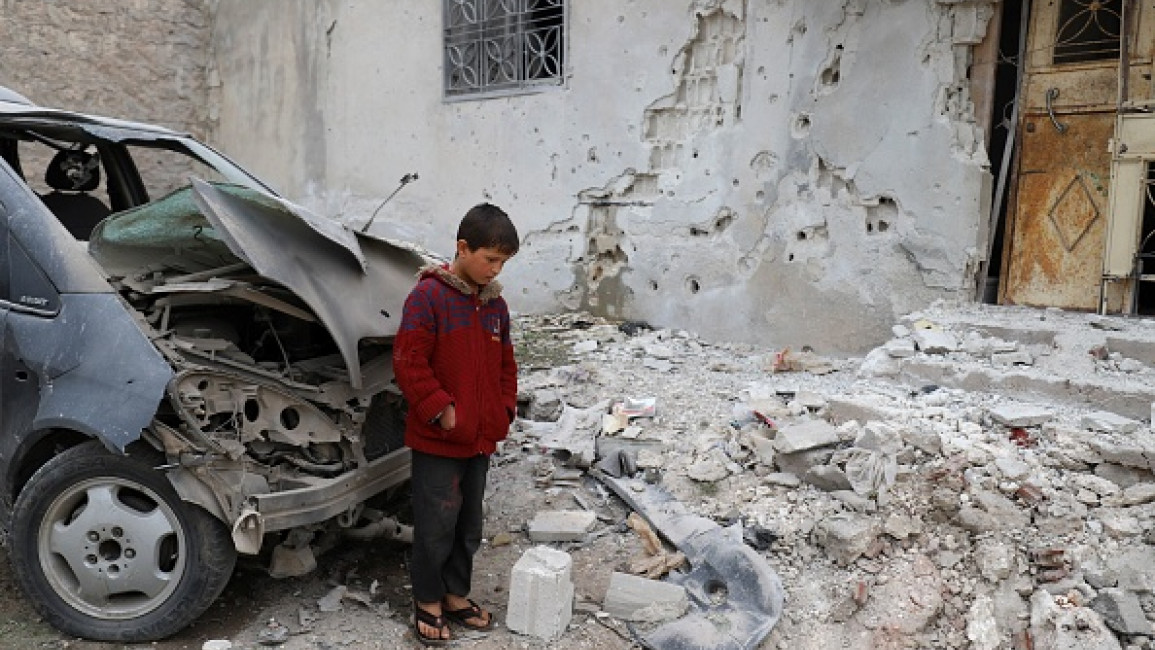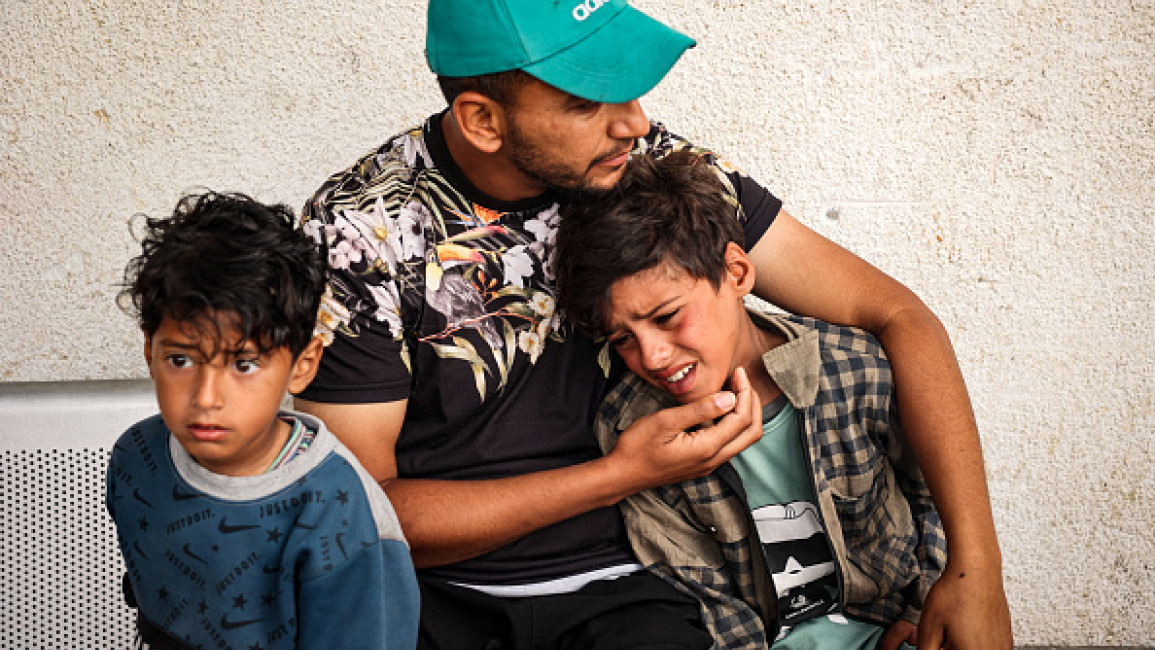Assad regime calls for ceasefire after brutal and 'systematic' Idlib bombing kills 46 civilians
The Assad regime on Monday called for a ceasefire in Idlib after united rebel factions successfully targeted military positions held by regime, Russian and Iranian forces.
The rebel forces, going under the name Al-Fath al-Mubeen, were retaliating after a week of intense Assad regime and Russian airstrikes targeting Idlib and parts of western Aleppo province.
The campaign of bombing was, in turn, prompted by a mysterious drone attack on a pro-Assad military academy in the Homs province, which killed at least 100 people, most of whom were soldiers. The Assad regime was quick to blame "armed terrorist organisations" with "international backing" and its immediate response, merely hours after the Homs attack, was to indiscriminately bombard Idlib, the last rebel-held province of Syria.
However, no faction in Idlib has claimed responsibility for the attack, while most analysts agree that none of the factions who have used drones before have the capabilities to carry out such a long-range and deadly attack.
Conspiracy theories in Idlib among rebels abound, with some suggesting that Assad had planned the incident at the Homs military academy himself as a pretext to bombarding areas of Idlib that are formally under a Turkish-Russian de-escalation zone. There is no evidence to back any of this up, but it is still not yet clear who was behind the initial attack.
Regardless, Assad's response on Idlib and parts of Western Aleppo was brutal.
Ismail Alabdullah of the White Helmets rescue service operating in Idlib, told The New Arab that between 4-7 October, at least 46 civilians were killed, including 9 women and 13 children, with at least 213 injured, as the Assad regime and its patron Russia targeted civilian areas of the rebel-held province with a "systematic assault" of conventional bombs, artillery and thermobaric missiles.
'Suspicious' Assad ceasefire
Al-Fath al-Mubeen then allegedly retaliated by targeting dozens of significant military positions of the regime, Russia, and Iran.
These included the city of Qardaha, the birthplace of Syian dictator Bashar al-Assad, the Baathist officers' club in the Furqan neighbourhood of Aleppo, an operations room for Russian forces in the eastern countryside of Maarat Al-Numan, and the Jourin camp in the Hama countryside. This led to the killing of numerous soldiers loyal to the Assad regime.
This has apparently prompted the Assad regime into a ceasefire, with Al-Fath al-Mubeen announcing in a statement on Monday that "Assad’s criminal gangs are demanding a military calm after targeting sensitive positions deep in the occupied areas".
"[O]ur clear stance is that whoever started bombing civilians in the liberated areas should stop their aggression, or our strikes will continue towards new locations deep inside their territory," they added.
The Assad regime, Iran and Russia have often used truces for pro-Assad forces regroup and launch surprise attacks.
Colonel Mustafa Bakour, who defected from Assad’s army to join the rebellion and who is a commander of a faction within Al-Fath al-Mubeen told The New Arab’s sister site Al-Araby Al-Jadeed: "The regime, Russians, and Iranians have no history of adhering to treaties, pacts, and agreements".
"[I]f they do not commit [to the ceasefire], the response will naturally be stronger than what happened in recent days and will reach deep into enemy territory," he concluded.
Syria's civil war erupted in 2011 when the Assad regime reacted to peaceful protests with deadly force, leading to the formation of armed rebel groups and the intervention of Iran and Russia on behalf of Assad, with Turkey supporting some rebel groups.



